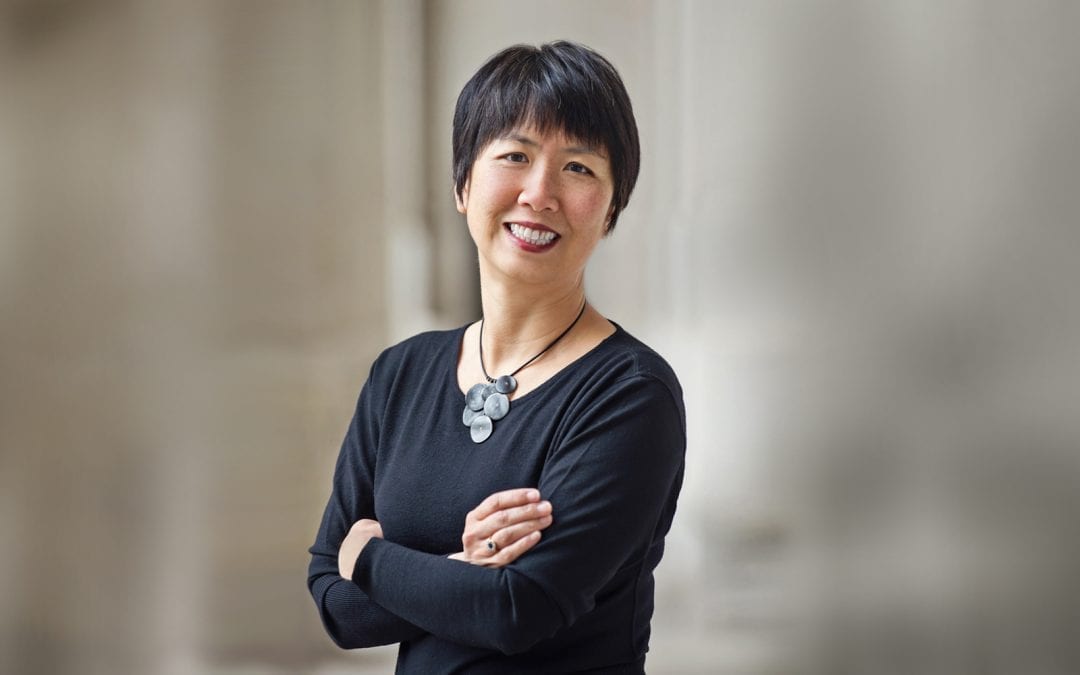In a new article from Inside Higher Ed, Rackham Associate Dean for Academic Programs and Initiatives Rita Chin discussed, alongside other faculty panelists at the annual meetings of the American Historical Association and Modern Language Association, how to reform graduate education, particularly the advising process, to best serve students and their careers.
Chin agreed that most faculty members see advising as part of their teaching role, and therefore a “sacred space.” So it’s difficult to get faculty colleagues to talk about the process of mentoring in order to change it—at least under pressure, she said. Professors are much more amenable, however, to low-key discussions about “best practices” for advising, she said. This includes the multiple-mentor approach.
Chin said Michigan’s incoming graduate students in history are assigned one advisor based on their stated subdisciplinary interests, and another advisor within the broader department. “This means they’re getting an alternative perspective on the kind of advice they’re getting from their primary mentor,” she said. “One of the reasons this has been important to us is that it allows us to rethink the apprenticeship model of individual faculty mentoring, where faculty kind of see their students as their legacy.”
Rackham also holds regular meetings and workshops for faculty members to learn about better advising.

